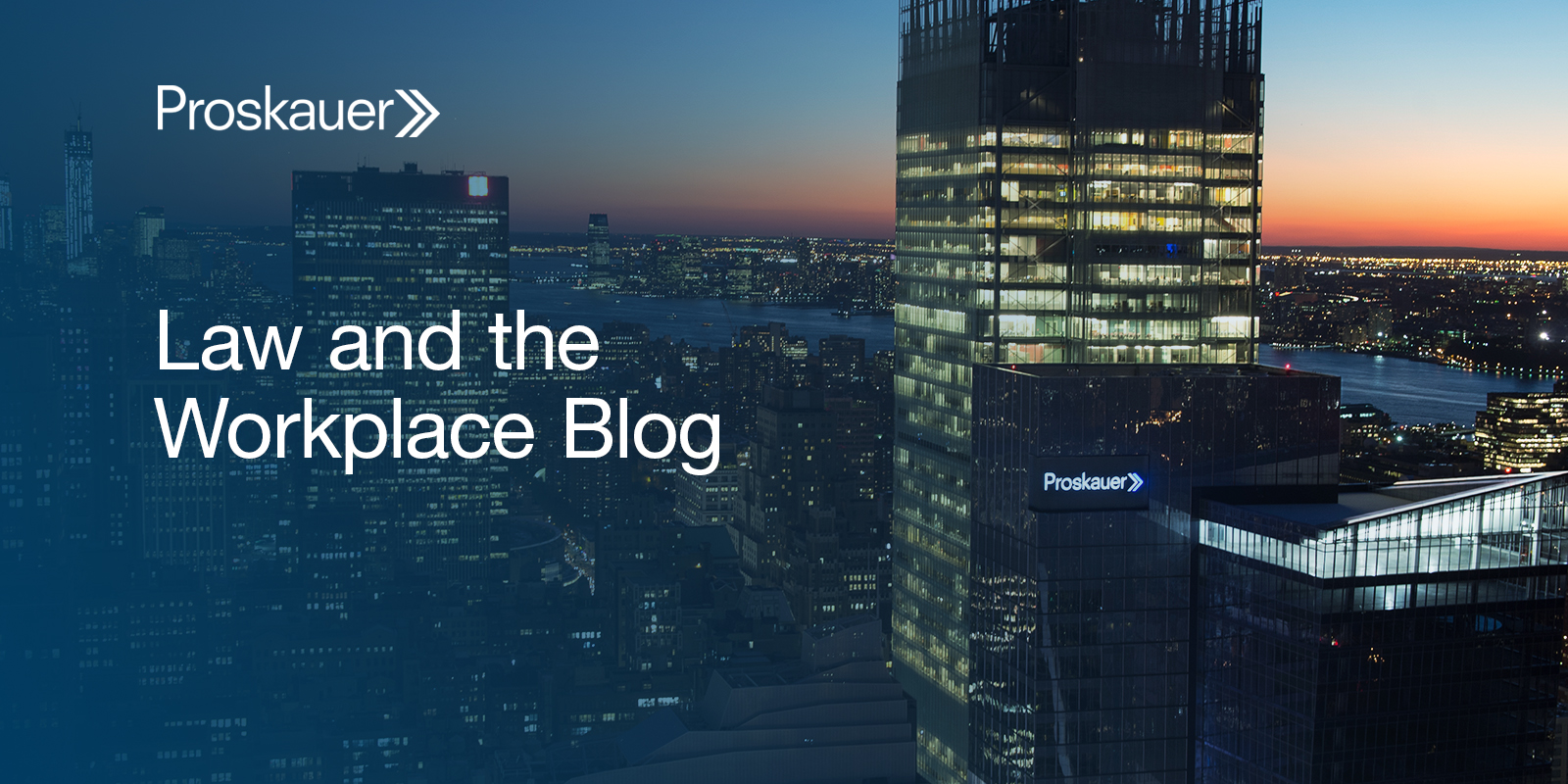Applicant Files Class Action Suit Over Alleged AI Tool Discrimination in Hiring
As we have previously reported (here, here and here), there are novel risks associated with employer use of AI tools in the workplace. While such tools have caught the attention of the EEOC and state and local legislatures, we have yet to see a proliferation of litigation in this area. However, that may soon be changing. On February 21, 2023, a class action lawsuit was filed against Workday, Inc. (“Workday”) in the Northern District Court of California, alleging that the company engaged in illegal race, age, and disability discrimination by offering its customers applicant-screening tools that use biased AI algorithms.
The lead plaintiff, Derek Mobley, an African American male over 40 who suffers from anxiety and depression, applied for 80-100 jobs on Workday since 2018 and was denied employment from each one, despite holding a bachelor’s and associate’s degree. Mobley seeks to represent a class of all current or former applicants since June 3, 2019, that are African American, over the age of 40, or disabled and that have not been “referred and/or permanently hired” as a result of Workday’s alleged discriminatory AI practices.
According to the complaint, Workday provides screening tools to its customers, which allows them to use “discriminatory and subjective judgments” when evaluating applicants, and even allows for “preselection” of applicants not within certain protected categories. Mobley alleges that the administration and dissemination of this screening tool constituted a “pattern or practice” of discrimination and that this conduct amounted to intentional and disparate impact discrimination.
The putative class seeks a declaratory judgment that the practices are unlawful, a preliminary and permanent injunction against Workday from engaging in the allegedly discriminatory policies and practices, and an order that Workday implement “policies, practices, and programs” that allow all minorities access to equal employment opportunities. The class also seeks monetary damages, including back pay, front pay, compensatory damages, punitive damages, and attorneys’ fees.
Takeaway
This case is groundbreaking as it is one of the first to allege discrimination based on an employer’s use of AI tools in hiring. With the increasing use of AI in the employment sector, employers must be aware of the legal implications of using such tools. The EEOC and other governmental agencies are paying close attention to the potential for discrimination, as reported here. It is imperative that employers stay updated on the developing law in this area. We will keep you updated as this case progresses.






